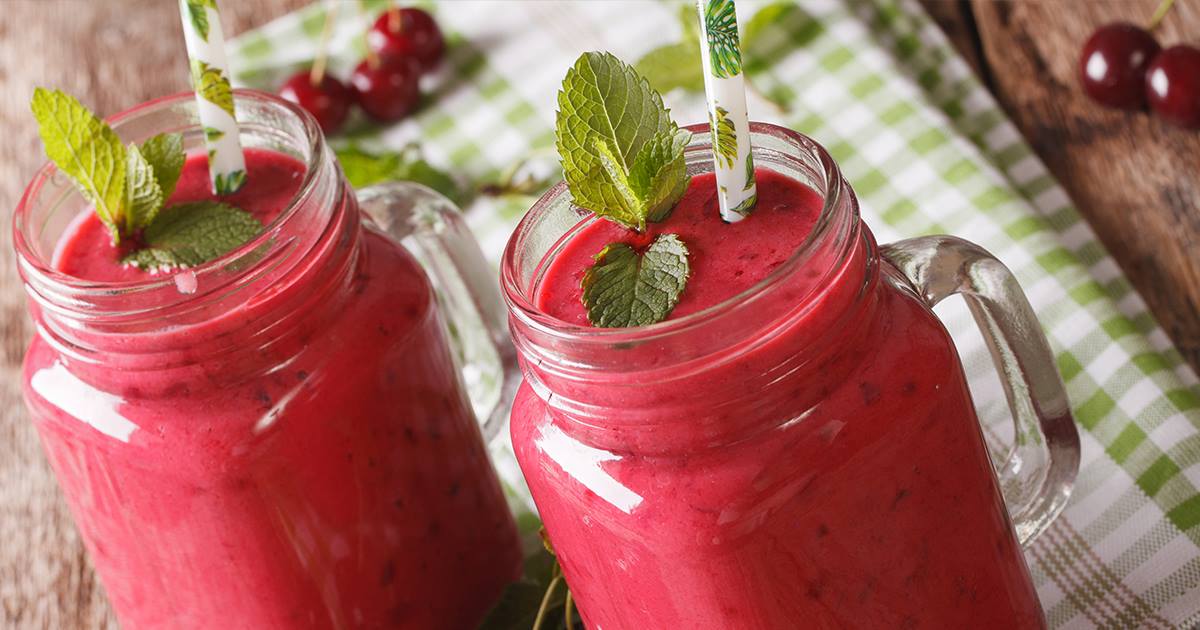The Power Duo for Wellness: Magnesium and B Vitamins
When it comes to nutrition, magnesium and B vitamins are often overshadowed by flashier nutrients like vitamin C or protein. But these two are true unsung heroes in the world of health and wellness. They power our energy levels, regulate stress, support brain function, and even improve sleep. And the best part? You can get both from everyday foods or supplements — if you know where to look.
Let’s dive deep into why magnesium and vitamin B are essential, how they work in the body, where to find them, and whether a supplement might be right for you.
Why Magnesium Matters
Magnesium is an essential mineral involved in over 300 enzymatic reactions in the body. That includes muscle contraction, nerve function, heart rhythm regulation, immune system support, and more.
Benefits of Magnesium:
- Energy production: Magnesium is crucial for converting food into usable energy.
- Muscle and nerve function: It plays a vital role in muscle relaxation and nerve signal transmission.
- Bone health: Around 60% of magnesium in the body is stored in bones.
- Sleep and relaxation: Magnesium helps regulate melatonin and GABA, neurotransmitters related to sleep.
- Heart health: It supports normal blood pressure and heart rhythm.
Signs of Magnesium Deficiency:
Many people don’t get enough magnesium, especially with modern diets high in processed foods. Symptoms of deficiency can include:
- Fatigue
- Muscle cramps or twitches
- Irritability
- Insomnia
- Anxiety
- Headaches or migraines
- Irregular heartbeat
Food Sources of Magnesium
The good news? Magnesium is found in a variety of whole foods.
Here’s a list of magnesium-rich foods to add to your diet:
| Food | Magnesium (mg per serving) |
|---|---|
| Pumpkin seeds (1 oz) | 168 mg |
| Spinach (1 cup, cooked) | 157 mg |
| Almonds (1 oz) | 80 mg |
| Black beans (1/2 cup) | 60 mg |
| Avocado (1 medium) | 58 mg |
| Dark chocolate (1 oz, 70–85% cocoa) | 64 mg |
| Tofu (3.5 oz) | 53 mg |
| Whole wheat bread (2 slices) | 46 mg |
| Banana (1 medium) | 32 mg |
Should You Take a Magnesium Supplement?
If your diet lacks whole grains, leafy greens, legumes, or seeds, you might benefit from a supplement — but not all magnesium types are the same. Some forms are better absorbed than others.
Best-absorbed types of magnesium:
- Magnesium glycinate: Known for calming effects; ideal for stress and sleep support.
- Magnesium citrate: Good for digestion and mild constipation.
- Magnesium threonate: Crosses the blood-brain barrier; may help with memory and cognitive function.
Dosage: The recommended daily allowance (RDA) is around 400–420 mg for men and 310–320 mg for women. Consult your healthcare provider before supplementing, especially if you have kidney issues.
Vitamin B Complex: The Brain and Energy Boosters
Unlike magnesium, vitamin B is not just one nutrient — it’s a group of eight water-soluble vitamins, each with unique and vital roles in the body. Together, they’re often referred to as the B-complex.
The 8 B Vitamins and Their Functions:
| Vitamin | Function |
|---|---|
| B1 (Thiamine) | Converts carbs to energy, supports nerve function |
| B2 (Riboflavin) | Energy production, antioxidant support |
| B3 (Niacin) | Metabolism, skin health, nervous system support |
| B5 (Pantothenic Acid) | Hormone and cholesterol production |
| B6 (Pyridoxine) | Brain development, immune support, mood regulation |
| B7 (Biotin) | Supports hair, skin, and nails |
| B9 (Folate) | DNA production and repair, critical in pregnancy |
| B12 (Cobalamin) | Red blood cell formation, nerve function, DNA synthesis |
Benefits of Vitamin B:
- Improved energy levels
- Cognitive clarity and memory support
- Healthy metabolism
- Reduced fatigue and brain fog
- Better mood and reduced symptoms of depression
Who Needs More Vitamin B?
Vitamin B deficiency can happen due to poor diet, stress, certain medications (like metformin or birth control), or medical conditions like celiac disease or alcohol dependence.
Common symptoms of B deficiency:
- Fatigue
- Brain fog
- Anemia
- Depression or irritability
- Hair thinning (especially with biotin deficiency)
- Tingling or numbness in hands and feet (especially with B12 deficiency)
Vegans and vegetarians are particularly at risk for B12 deficiency, as it is found almost exclusively in animal products.
Top Food Sources of B Vitamins
B vitamins are widespread in both plant and animal foods, though some (like B12) are mostly found in animal products.
| B Vitamin | Food Sources |
|---|---|
| B1 | Whole grains, pork, sunflower seeds |
| B2 | Milk, eggs, green vegetables |
| B3 | Chicken, tuna, mushrooms, brown rice |
| B5 | Avocados, yogurt, eggs, sweet potatoes |
| B6 | Chickpeas, bananas, chicken, salmon |
| B7 | Eggs, almonds, sweet potatoes |
| B9 | Leafy greens, legumes, fortified cereals |
| B12 | Meat, dairy, eggs, fortified plant milks |
Should You Take a B-Complex Supplement?
If you’re under chronic stress, pregnant, elderly, or eat a restrictive diet, a B-complex supplement can help bridge the gap. They’re usually available in capsule or liquid form.
- B12 supplements are often needed by vegans and older adults.
- Folic acid (B9) is critical before and during pregnancy to prevent neural tube defects.
- B6 is frequently used for PMS or hormonal support.
Tip: Look for “methylated” forms like methylcobalamin (B12) and methylfolate (B9), which are better absorbed in people with MTHFR gene mutations.
How Magnesium and B Vitamins Work Together
Interestingly, magnesium and B vitamins often work synergistically. For instance:
- B6 enhances magnesium absorption and cellular uptake.
- Both nutrients help regulate nervous system function.
- They are commonly used together in supplements aimed at stress relief, sleep, and mood balance.
Taking both in balanced amounts may support better focus, stress resilience, and improved energy throughout the day.
Final Thoughts
Magnesium and B vitamins may not get the spotlight like protein or vitamin D, but their importance to your body is undeniable. From muscle relaxation to brain energy and immune support, these two nutrients are central to how well you feel and function each day.
The best part? You don’t need expensive powders or complicated routines to get them. A diet rich in whole, unprocessed foods can provide most of what you need. But if you’re under stress, on a special diet, or simply feeling off, a supplement may help bring things back into balance — with the advice of your doctor, of course.
By being mindful of your magnesium and B vitamin intake, you’re taking a smart and proactive step toward overall well-being, one meal (or supplement) at a time.










